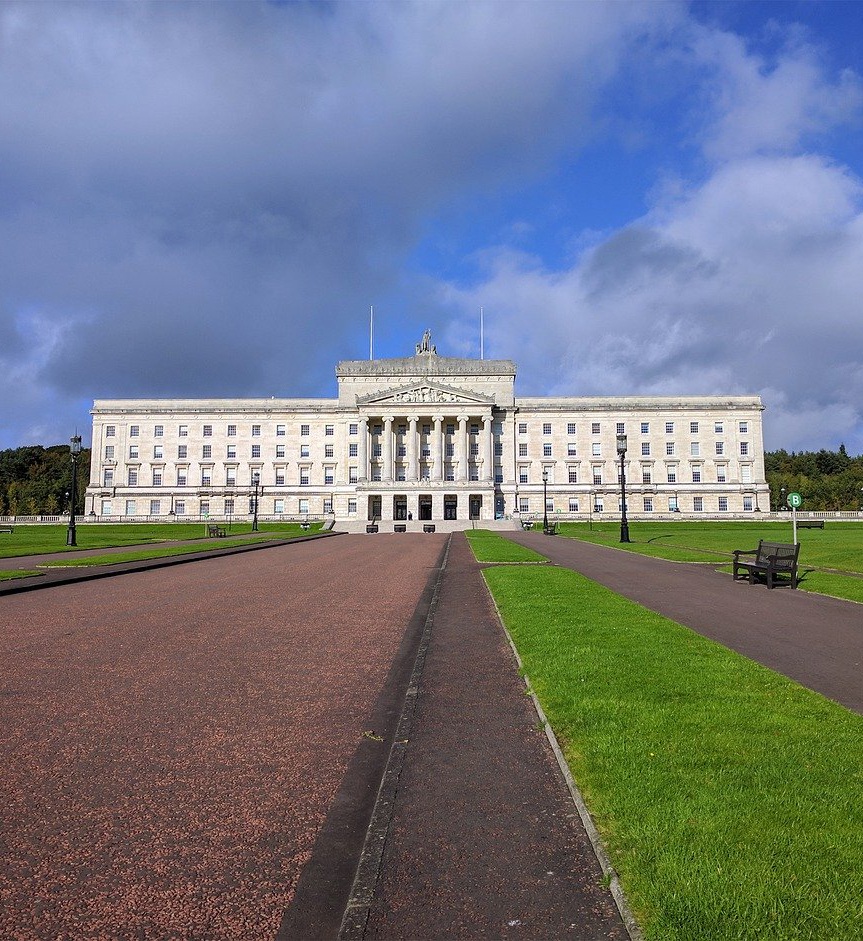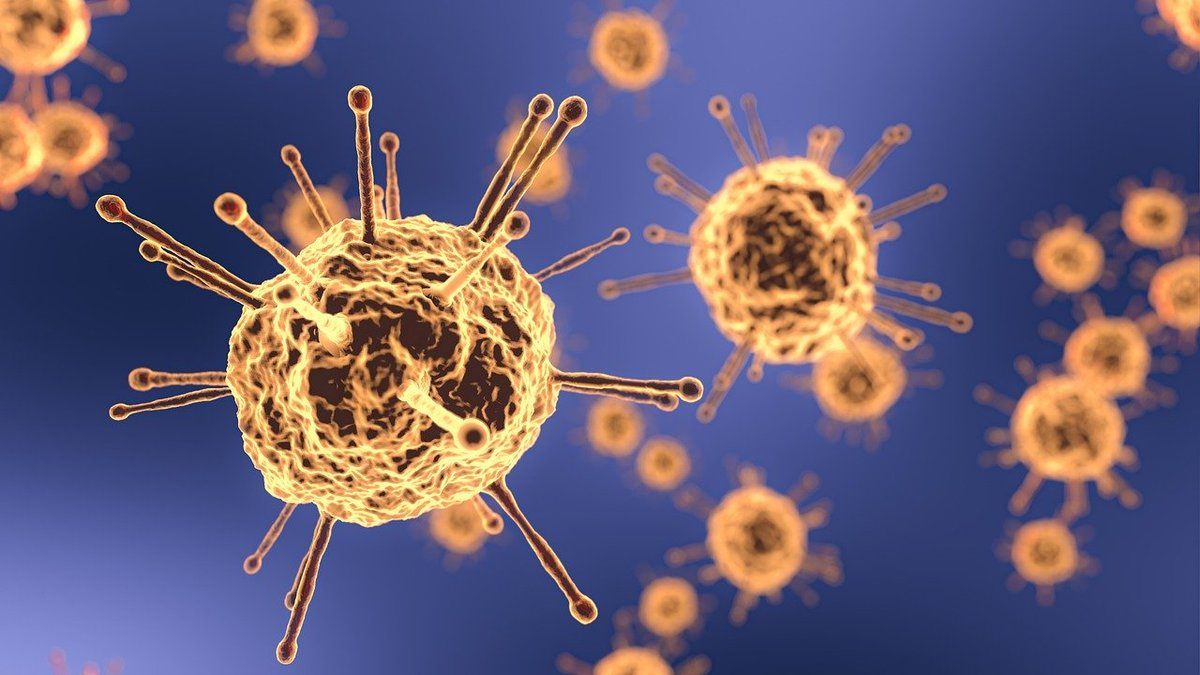Our work
Democratic Governance
What we focus on
The 1998 Good Friday Agreement (GFA) established devolved, power sharing institutions within Northern Ireland – the NI Executive and Assembly. We still have a fragile peace in place, but there have been multiple collapses of our government over the years. CAJ believes rights-based reform of these institutions is necessary to achieve sustainable democratic governance within Northern Ireland, not least through the implementation of unfulfilled commitments of the peace settlement.
Many of the rights-based commitments arising from the Good Friday Agreement, and subsequent political agreements, remain unimplemented years later. In March 2021, CAJ ‘mapped’ all of these unfulfilled commitments – progress has been slim since. The business of the NI Assembly and Executive has been frequently interrupted by the inappropriate use of vetoes. The original intention of the GFA was for cross-community decision-making to be invoked only where there was a threat to human rights or equality. Other vetoes have arisen from subsequent political deals. CAJ has called for either their reform or abolition.
The New Decade, New Approach agreement, which restored power-sharing in January 2021, contained many progressive commitments and potentially could have provided the basis for a new stability in the Stormont institutions. However, this promise largely went unfulfilled, and the Stormont institutions have since collapsed once again (in March 2022). Nonetheless, CAJ will continue to advocate for the full realisation of the rights based commitments made as part of the NI peace settlement.

The Protocol
The Ireland/Northern Ireland Protocol was negotiated between the EU and UK as part of the Withdrawal Agreement. It prevents a hard border on the island of Ireland and creates a distinct regulatory regime for Northern Ireland by keeping it within both the UK Internal Market and the EU Single Market (unlike the rest of the UK). CAJ has repeatedly warned of the adverse impacts of a hard Brexit, which the Protocol is designed to mitigate. A new hard border on the island of Ireland would severely disrupt the daily lives of border communities, including their ability to fully exercise their socioeconomic rights, and would stand in conflict with the provisions and outworkings of the peace process agreements. The Protocol also defends our rights – Article 2 of the Protocol contains a commitment that there will be ‘no diminution’ of certain rights and safeguards set out in the Good Friday Agreement due to Brexit. New powers (‘dedicated mechanisms’) have been granted to the Northern Ireland Human Rights Commission (NIHRC) and Equality Commission for Northern Ireland (ECNI) to oversee this commitment. CAJ will use these mechanisms and additional advocacy to help protect human rights post-Brexit. Our latest submission on the Protocol is available here.
A Bill of Rights for NI
A Bill of Rights was promised in the Good Friday Agreement as a safeguard over the exercise of power by the UK government and the NI Assembly and Executive in Northern Ireland. A legally binding Bill of Rights could prevent policies that conflict with human rights standards from being taken forward, including those that have at times destabilised power sharing.
An Ad Hoc Committee on a Bill of Rights was set up in 2020 and delivered a report on its work in February 2022 – both CAJ and the Equality Coalition gave evidence to the Committee. CAJ continues to press, with others, for the UK government to implement its commitments in the GFA to legislate for a Bill of Rights that will build on the European Convention of Human Rights (ECHR) and give people in NI greater protections based on the particular circumstances of this region.
Defending the Human Rights Act
The Human Rights Act 1998 (HRA), which was committed to within the GFA and incorporates much of the ECHR into UK domestic law, has been under persistent attack by the current UK government. Other aspects of the rule of law are also being consistently undermined. Over the years, the HRA has become part of the fabric of governance in NI – not least in underpinning the major reform of policing – and must be protected. CAJ will continue to work with other organisations to defend the Act from any reform that will weaken rights protections. Our response to the recent consultation on the Human Rights Act can be accessed here.
The Constitutional question
Debates on the constitutional future of Northern Ireland are increasing in frequency and urgency, especially since Brexit. It may only be a number of years before a referendum on a United Ireland is held. CAJ is neutral on the ‘constitutional question’- and will remain so – but we urge that human rights should be central to any constitutional arrangement, whatever the decision of the people of the island.
Following the pandemic, CAJ wishes to see a new emphasis on social, economic, cultural and environmental rights as we rebuild the health service (which has been neglected for decades), become an increasingly diverse society, and face the major challenge of the climate emergency.
